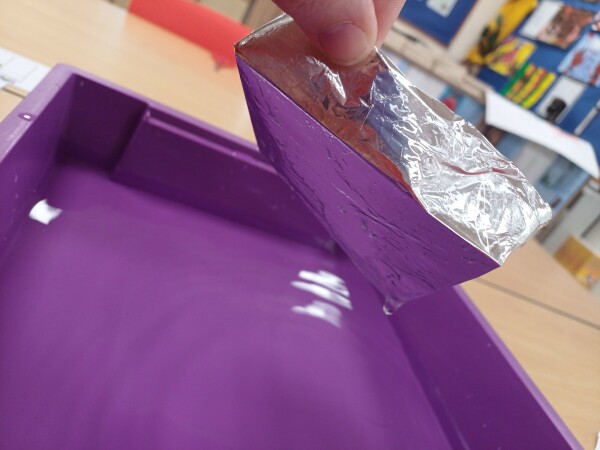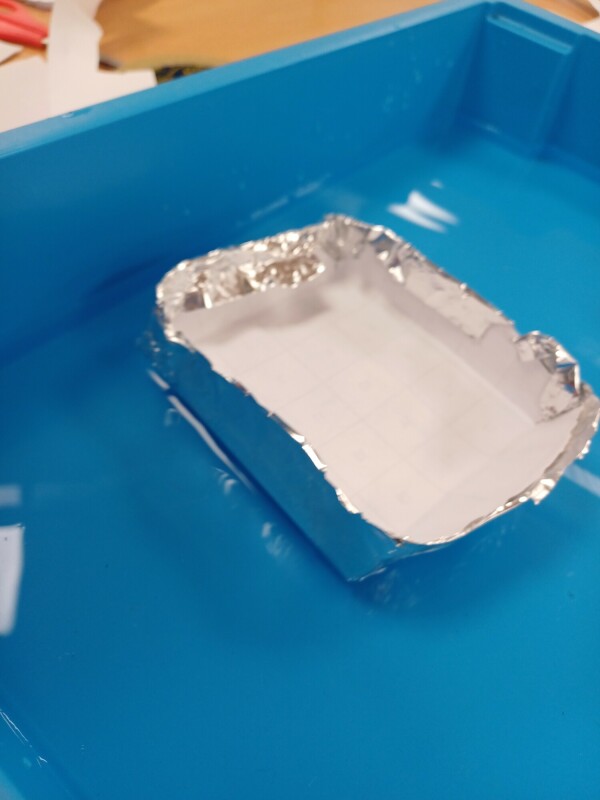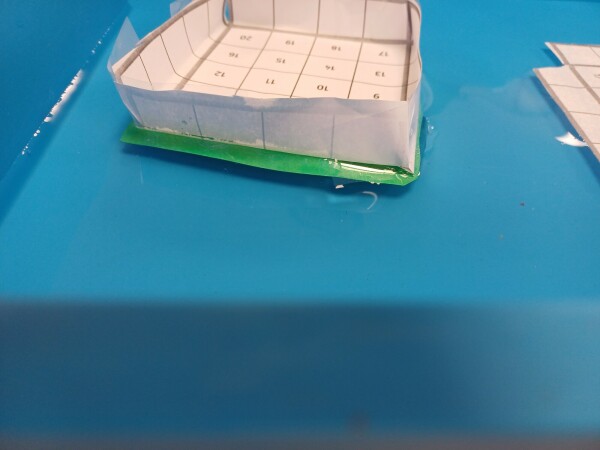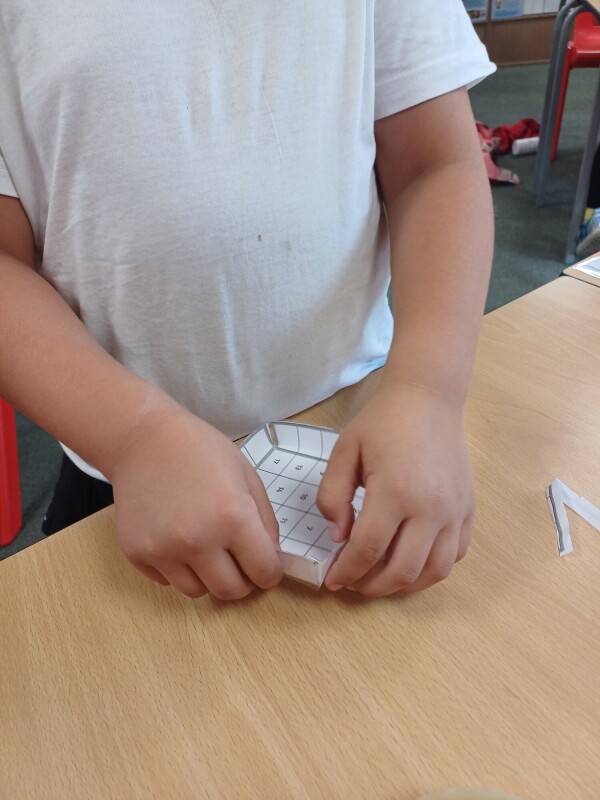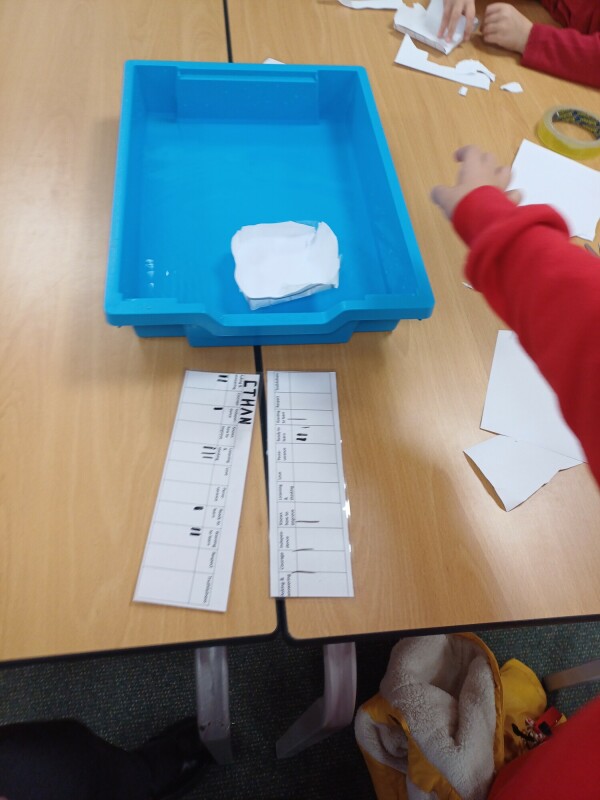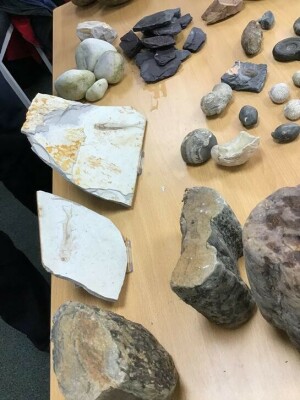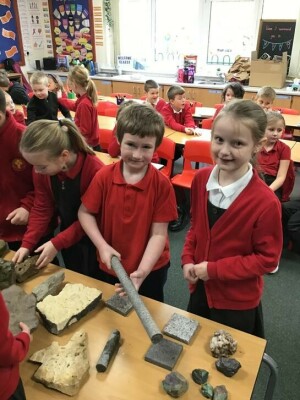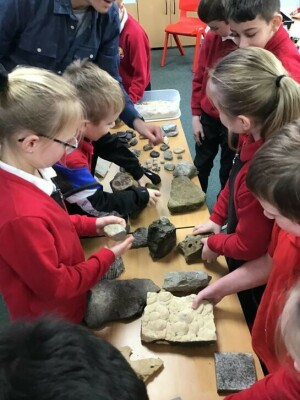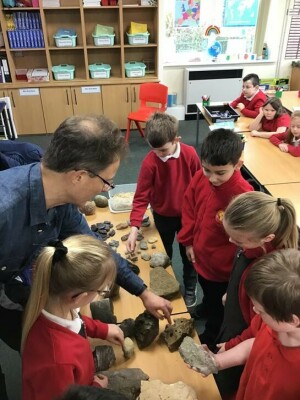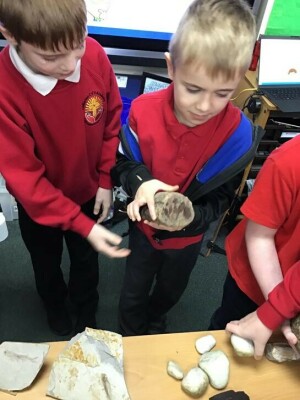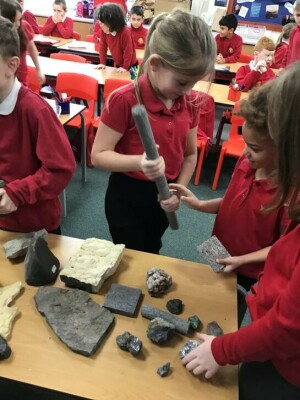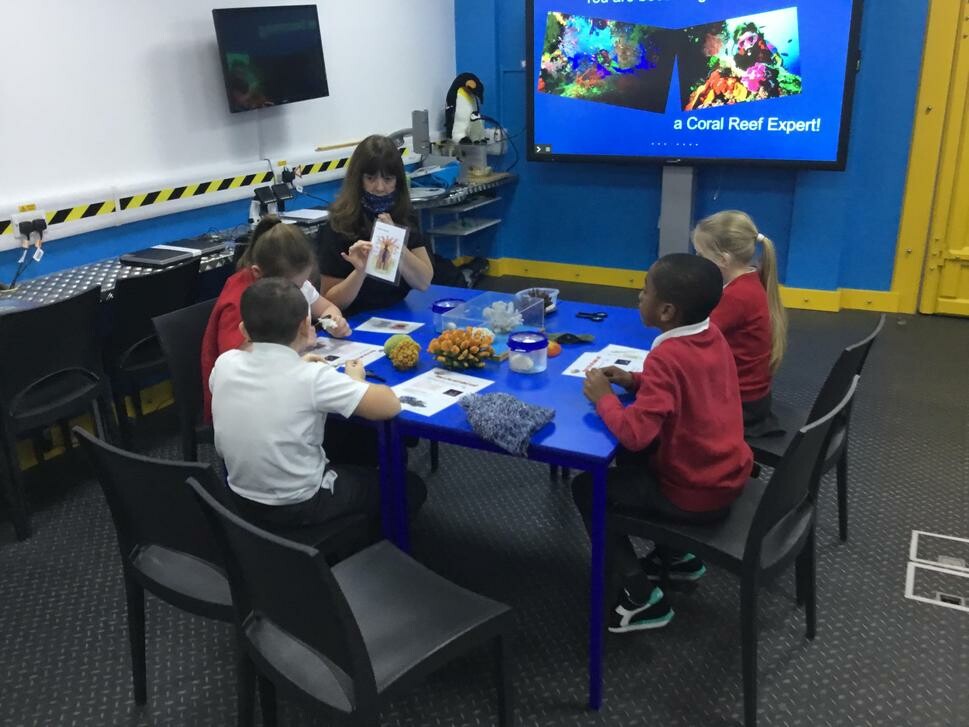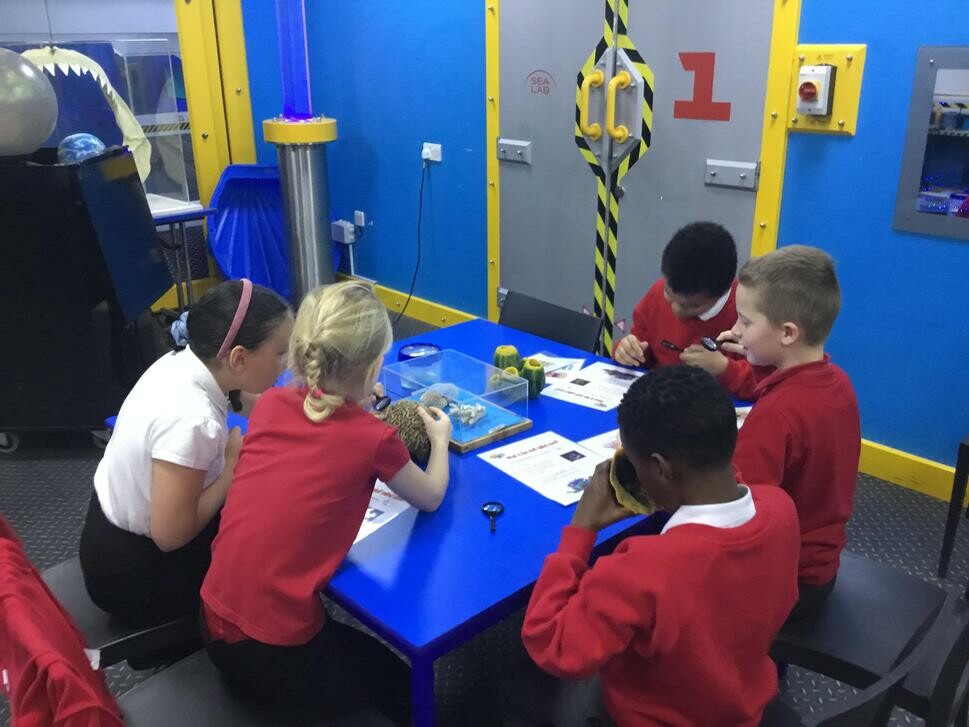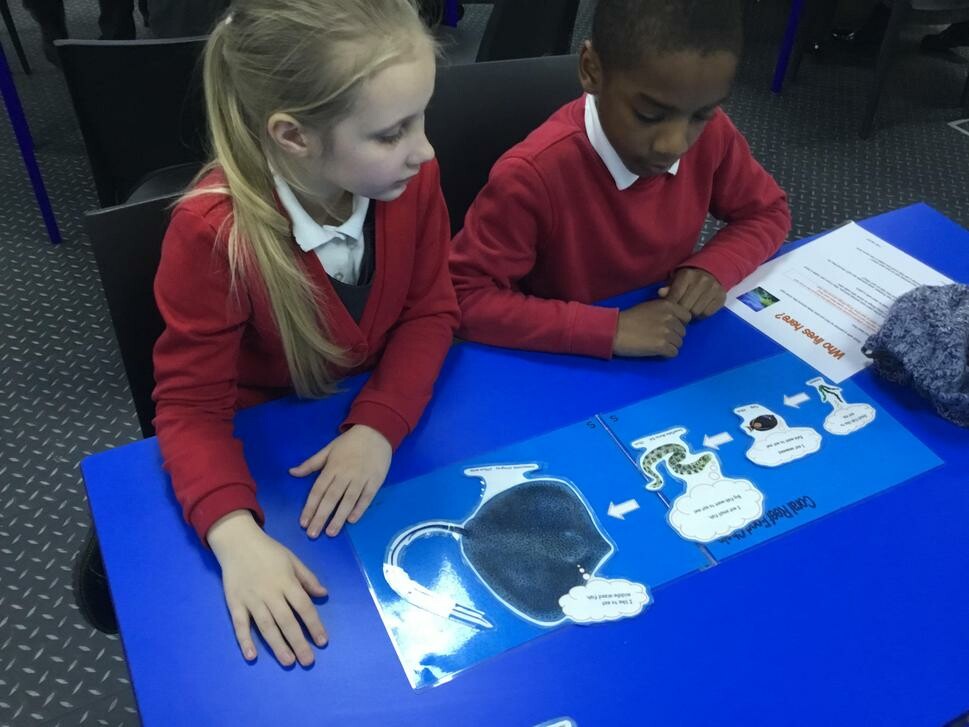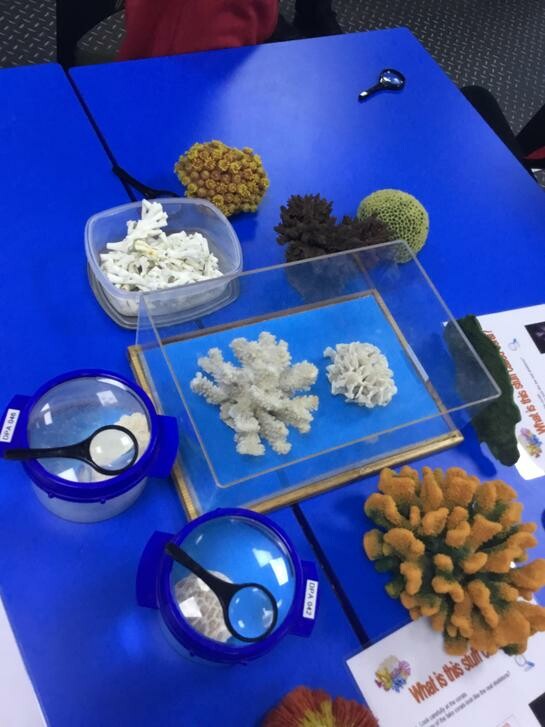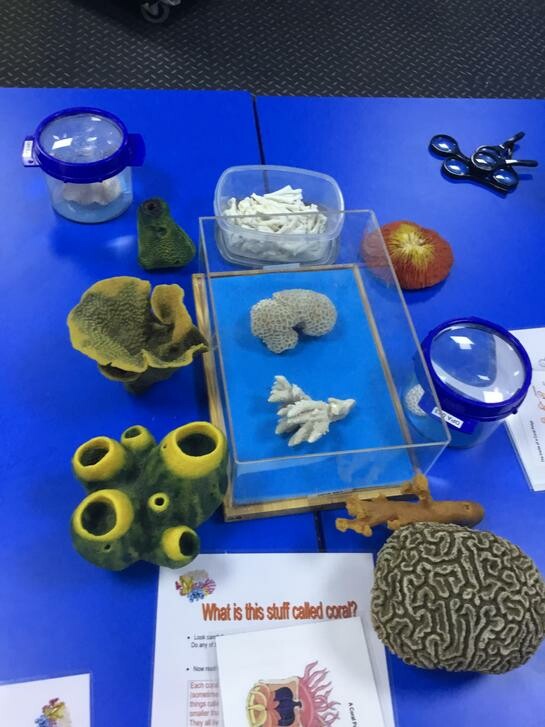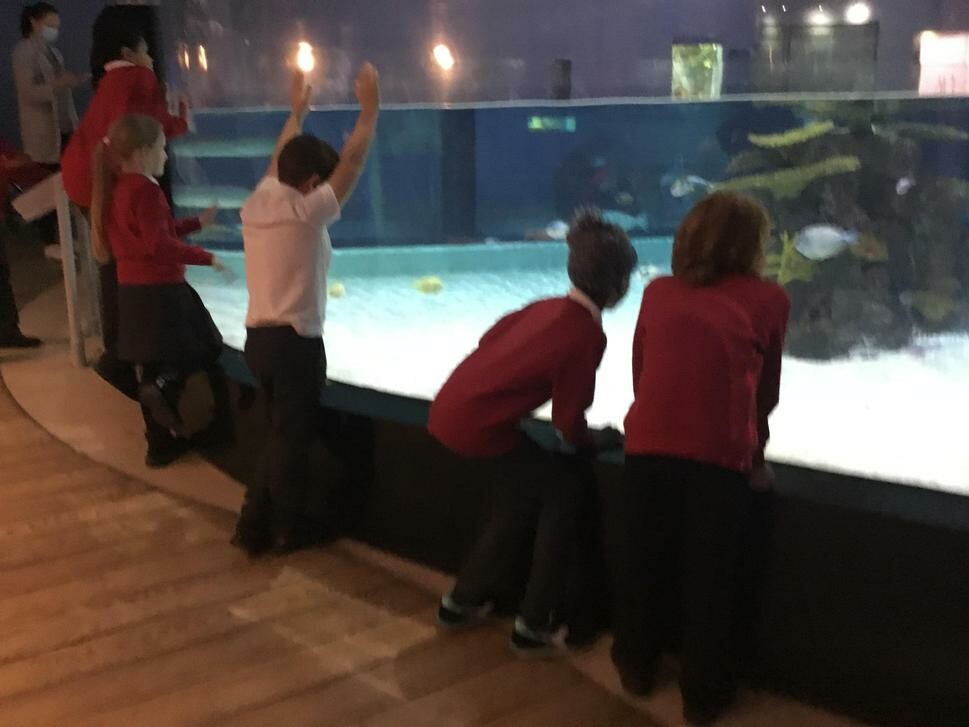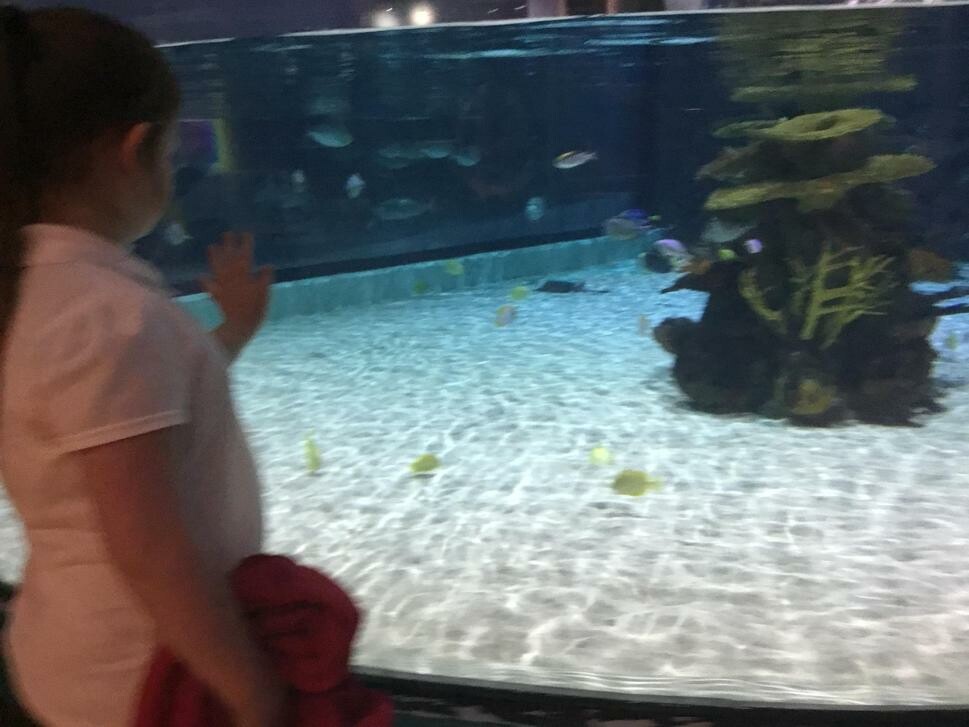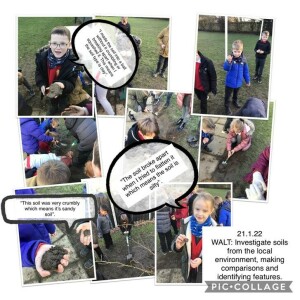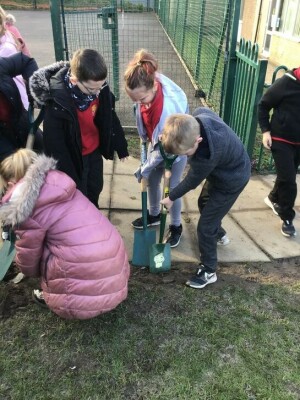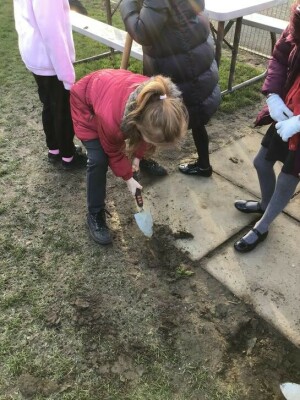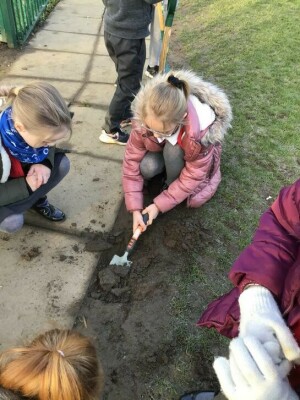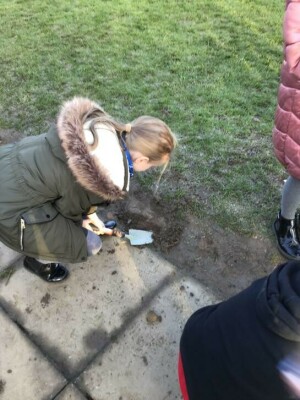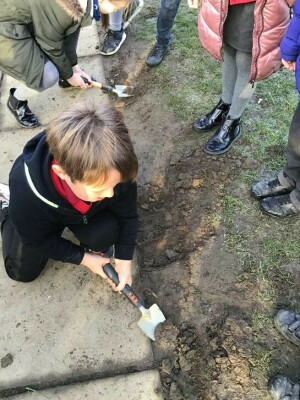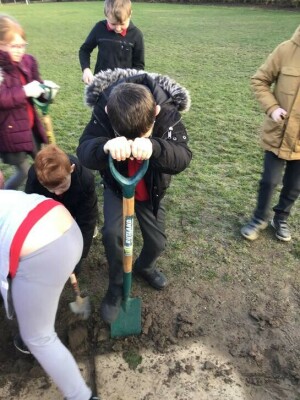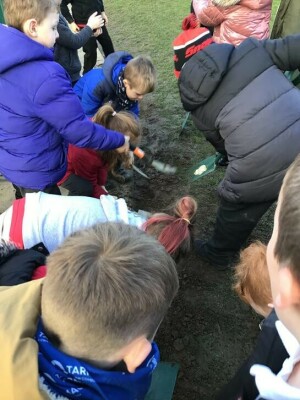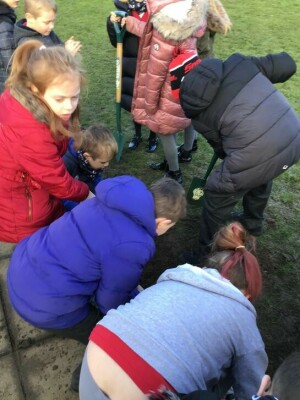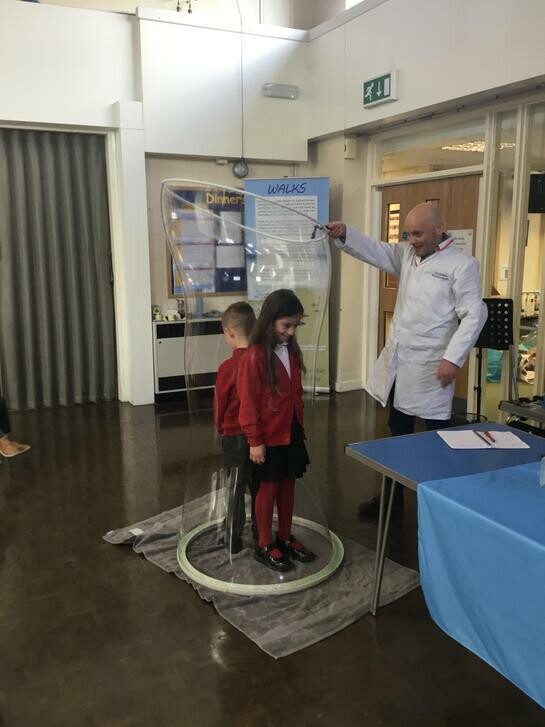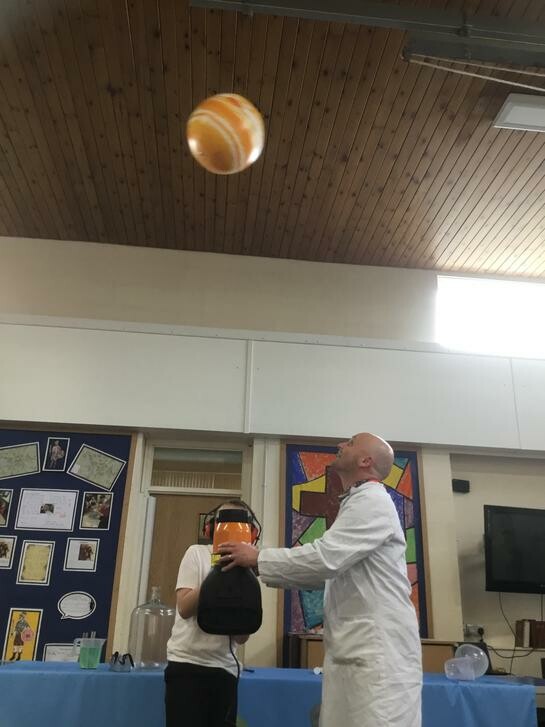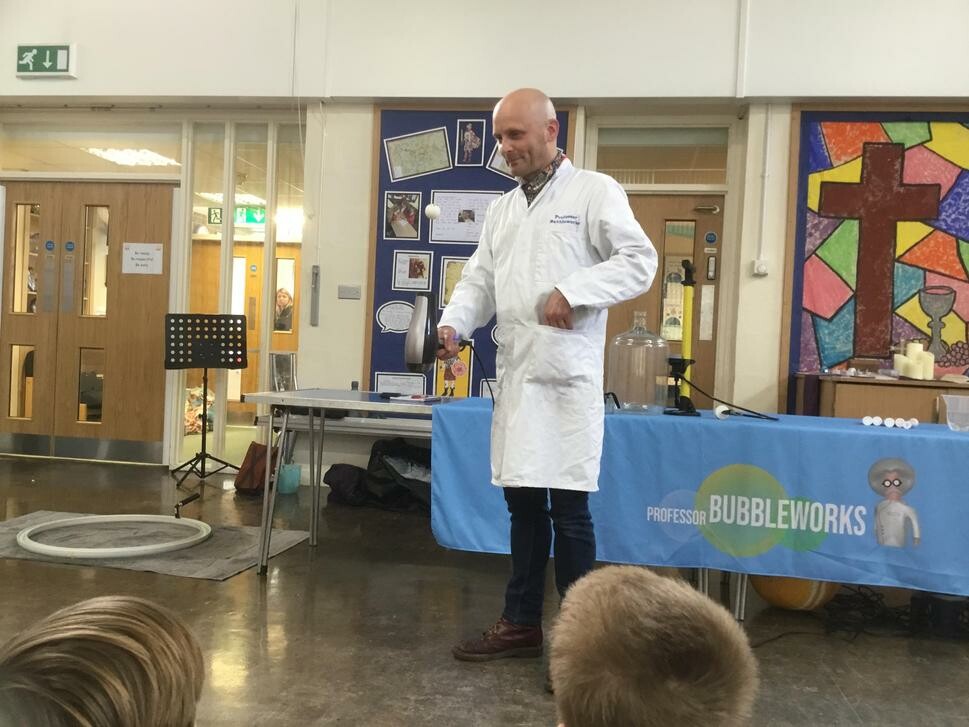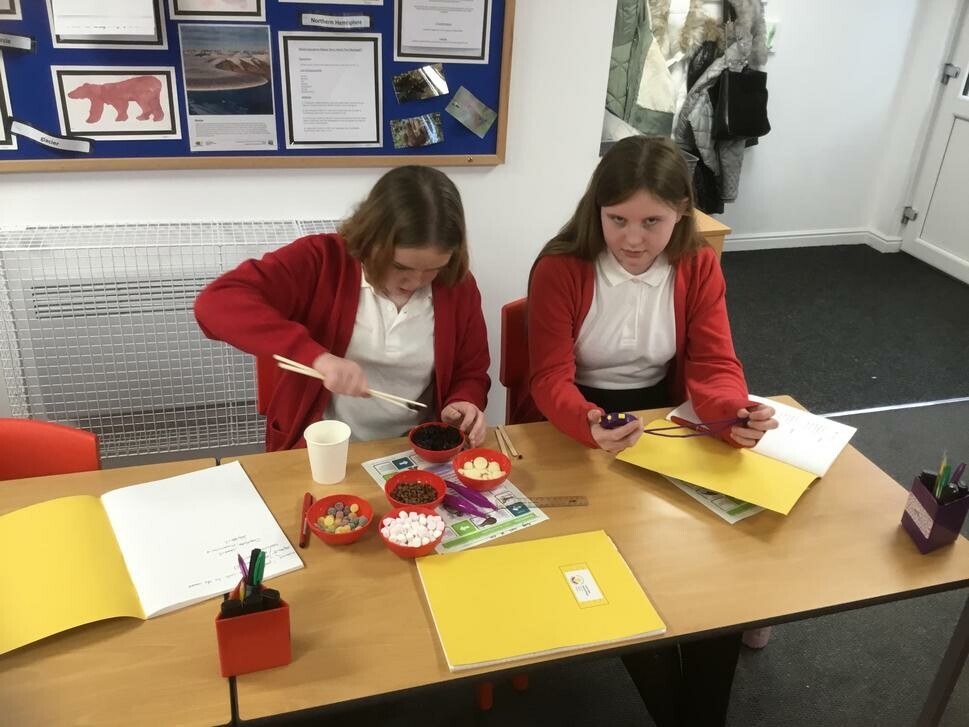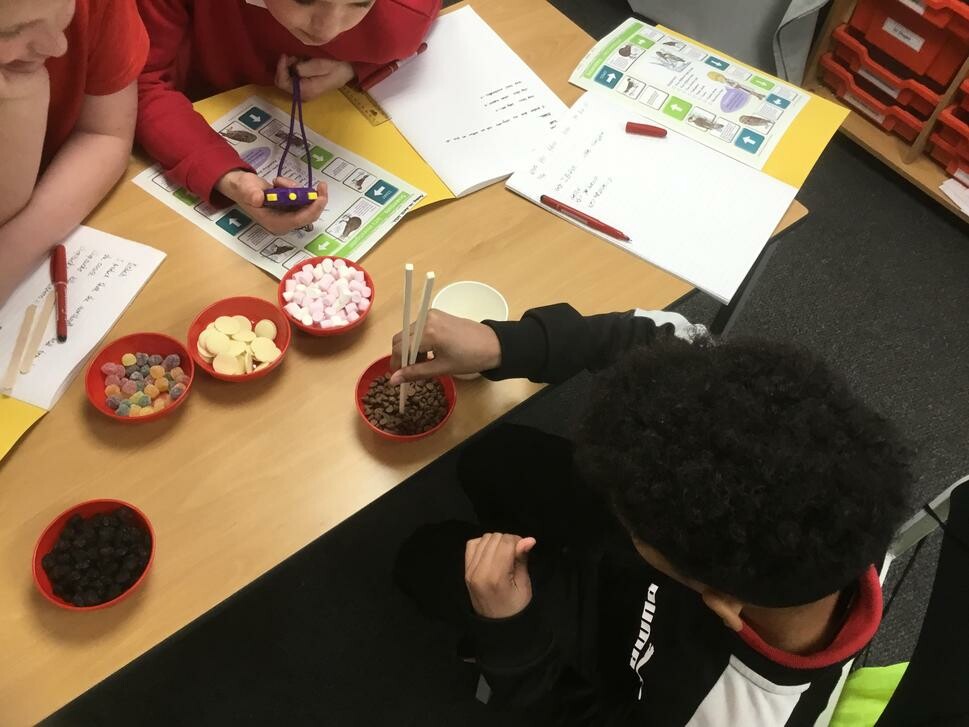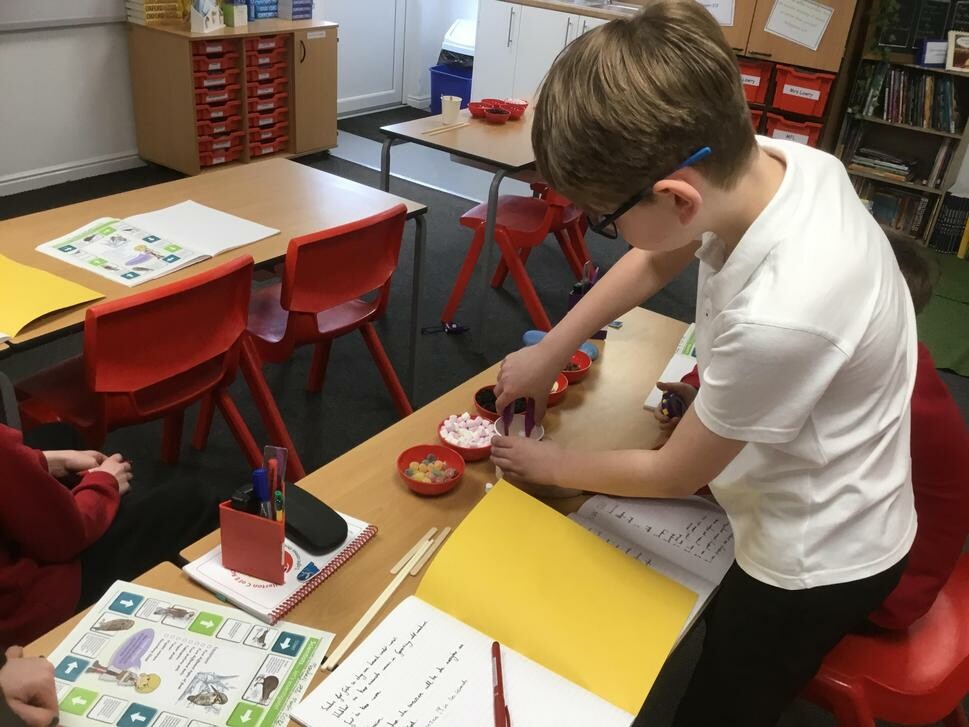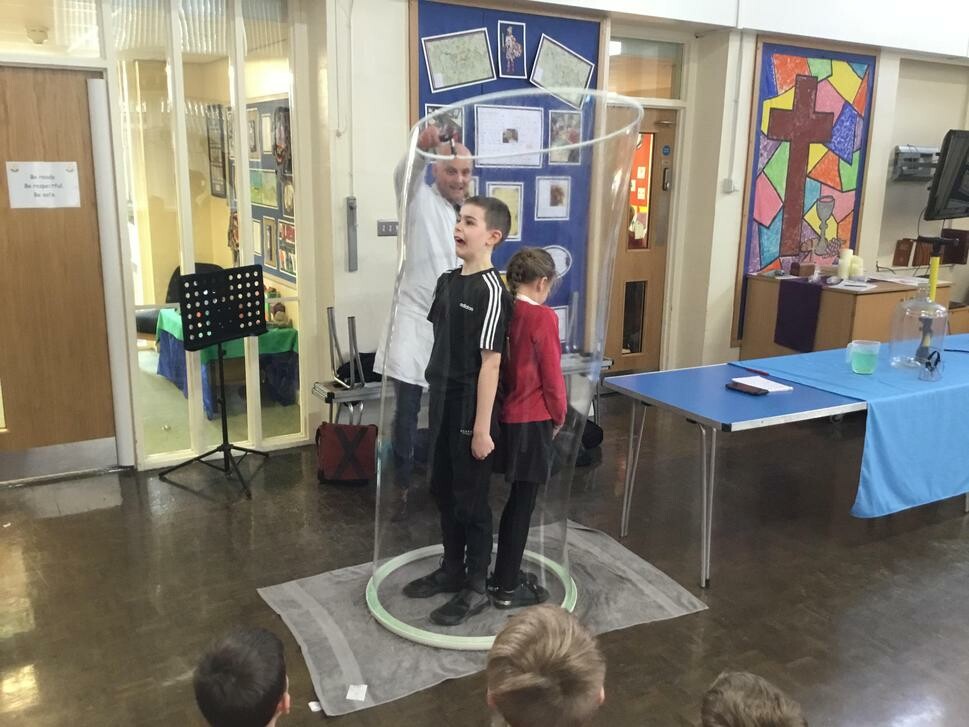Science
Science at Thrybergh Fullerton School
For science, we have thought carefully about how we sequence learning over time and have broken down learning into small steps or building blocks, starting from when children enter primary school until they leave. At each step, we consider what specific knowledge and understanding we want our pupils to know and remember at each stage of their learning and in each subject.
The end of the Foundation Stage, KS1, Lower KS2 and Upper KS2 are key end points for each of these building blocks of our curriculum. We know what we want our pupils to know and remember at each of these end points, focusing on what will be most useful to them, and have sequenced lessons over time to reach those end points.
To support planning, we use Cornerstones. This scheme provides full coverage of the primary science programmes of study. The scheme of work provides access to all subject knowledge and working scientifically objectives in a range of contexts to support the embedding of these concepts and skills.
Long Term Plan for Science
How is Knowledge Sequenced in Science
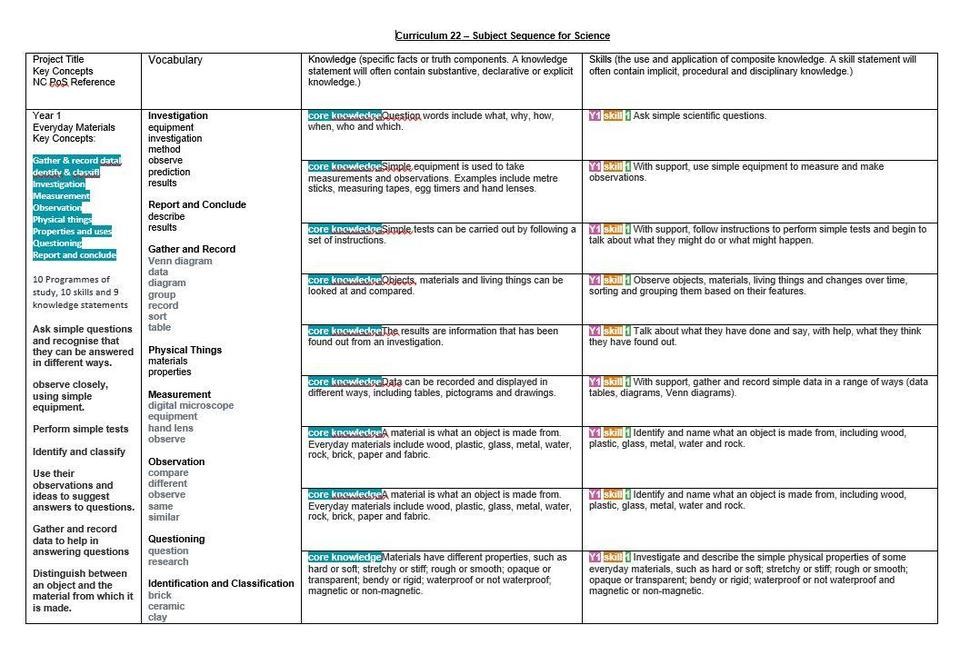
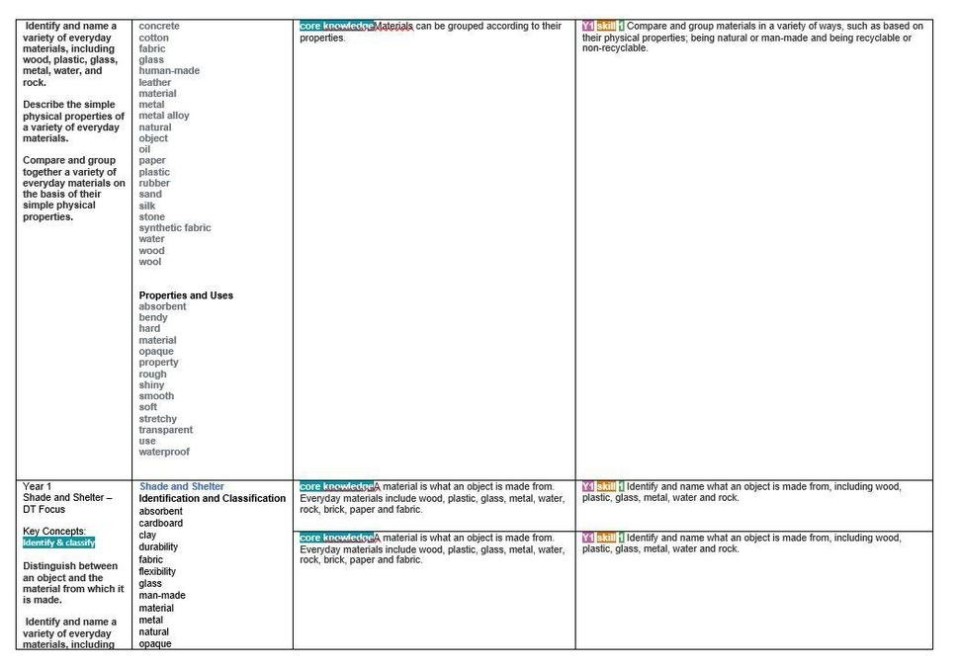
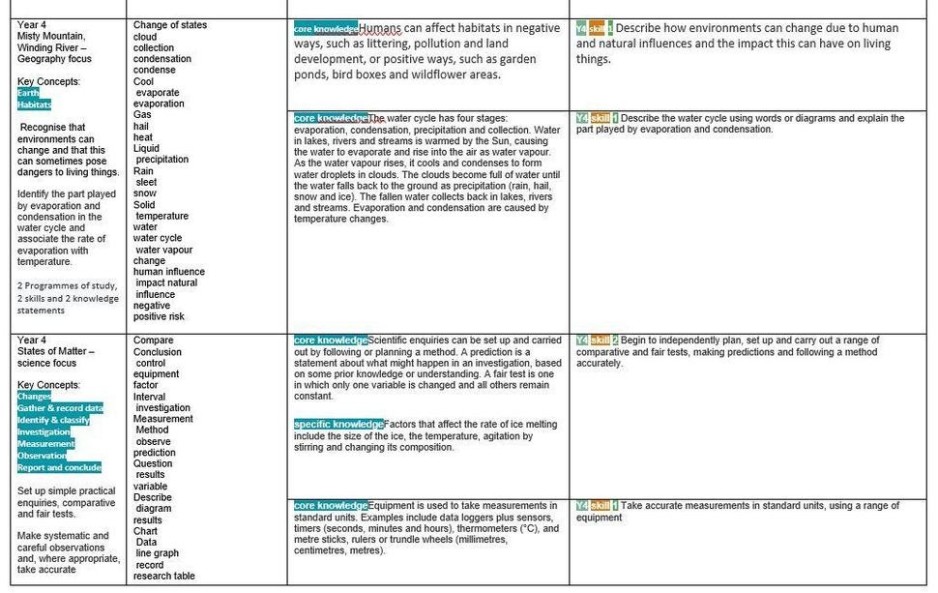
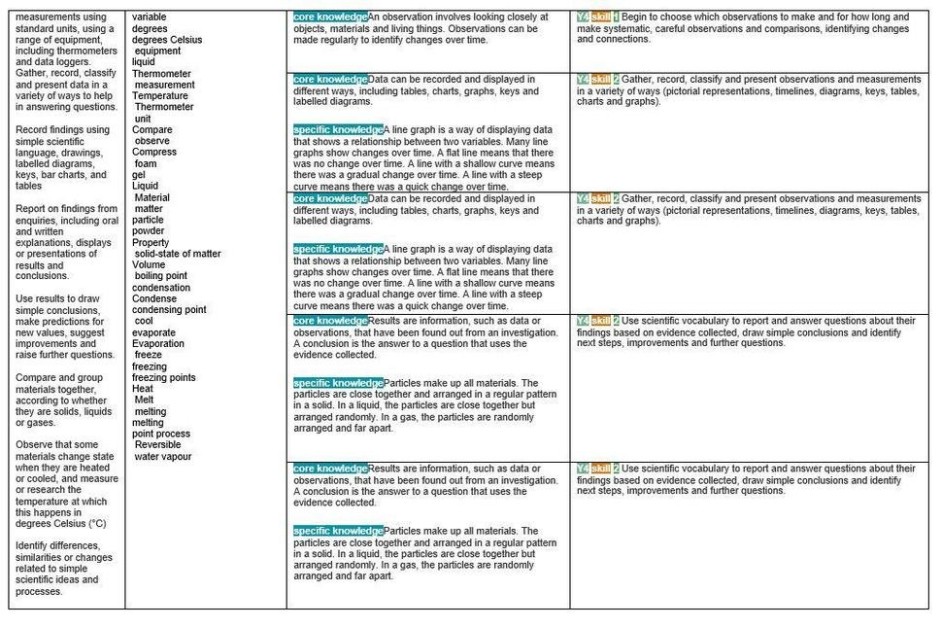
How Science is Sequenced
End of year expectations for Science
Year 1 Everyday Materials (Companion Project Childhood)
A Link to the National Curriculum for Science
Making rainbows in science club
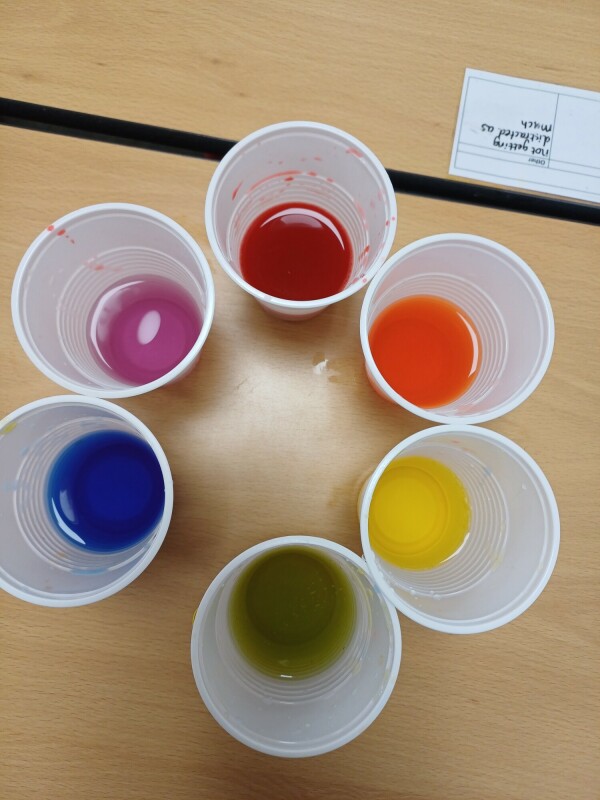
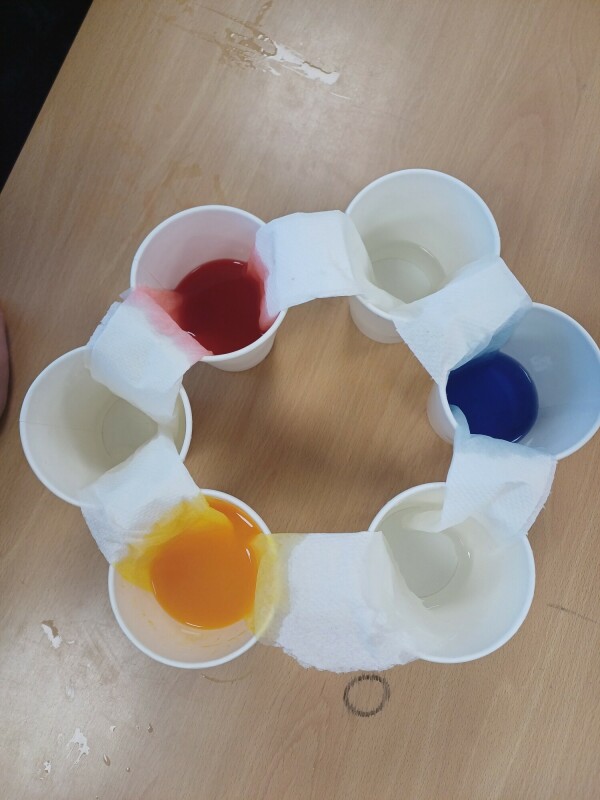
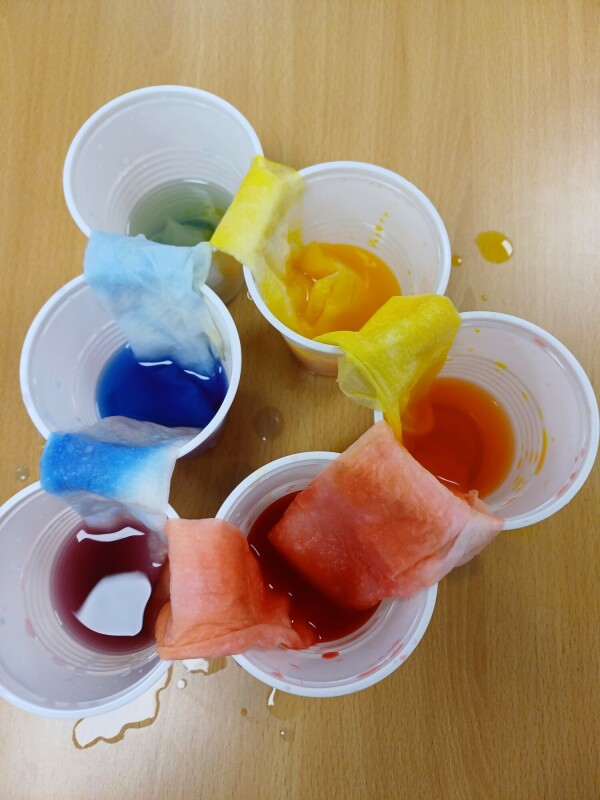
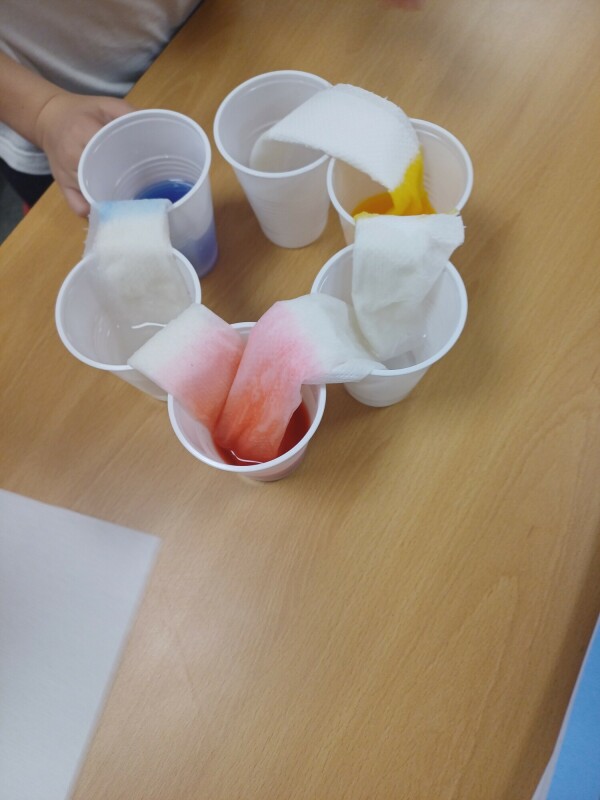
'Making our own walkie talkies'
This week we looked at how sound can travel. We had lots of fun making and testing our walkie talkies outside.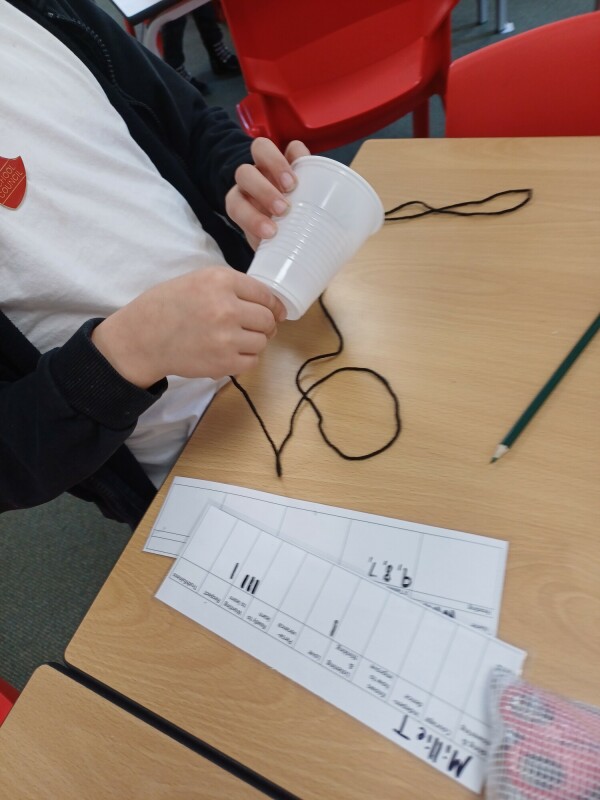
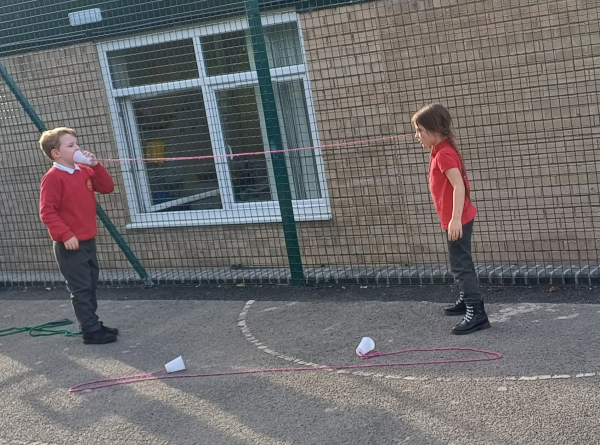
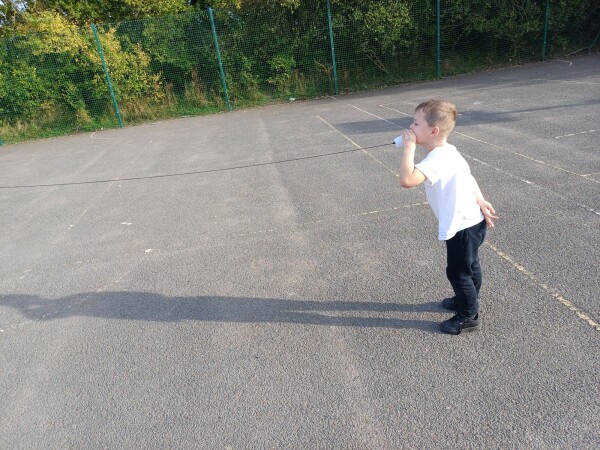
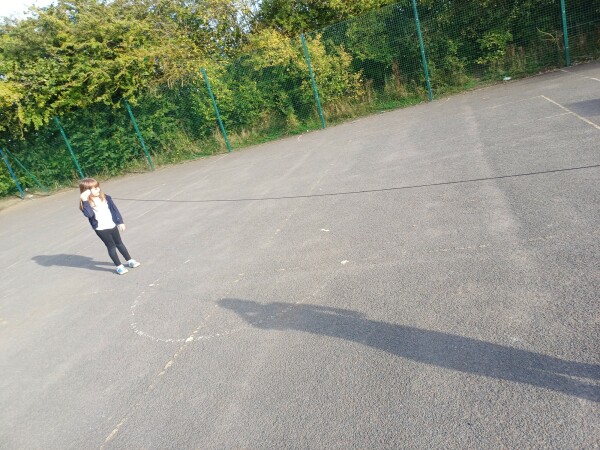
'Placing organs on our bodies'
In Science club we discussed body organs and where they are in our bodies. We drew around ourselves and then talked about and placed the organs. Some great team work used.
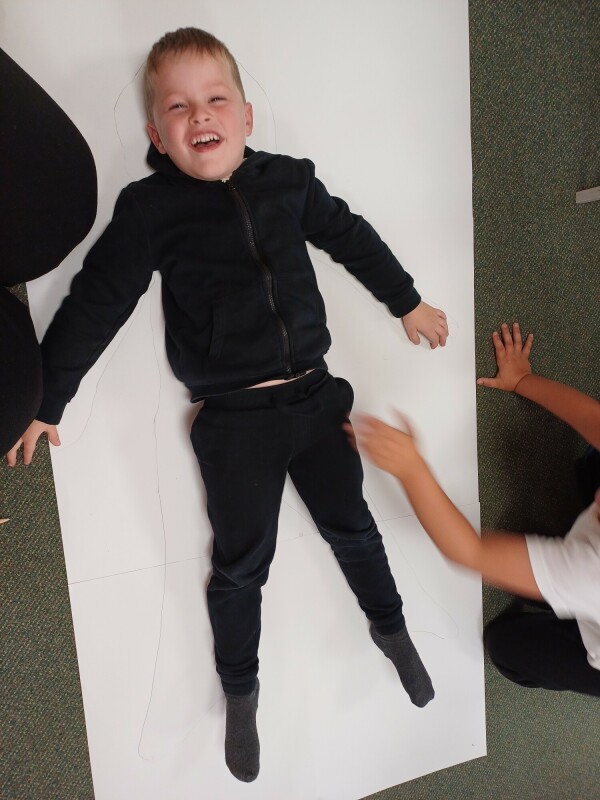
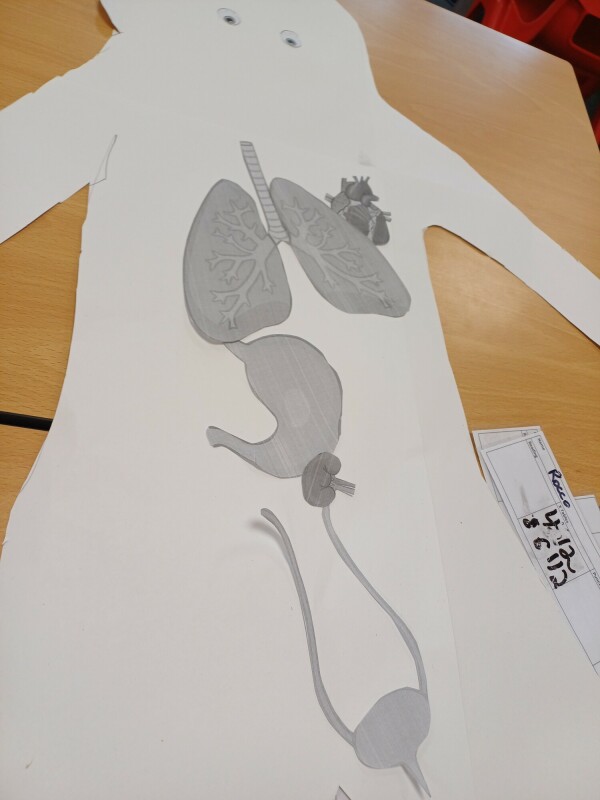
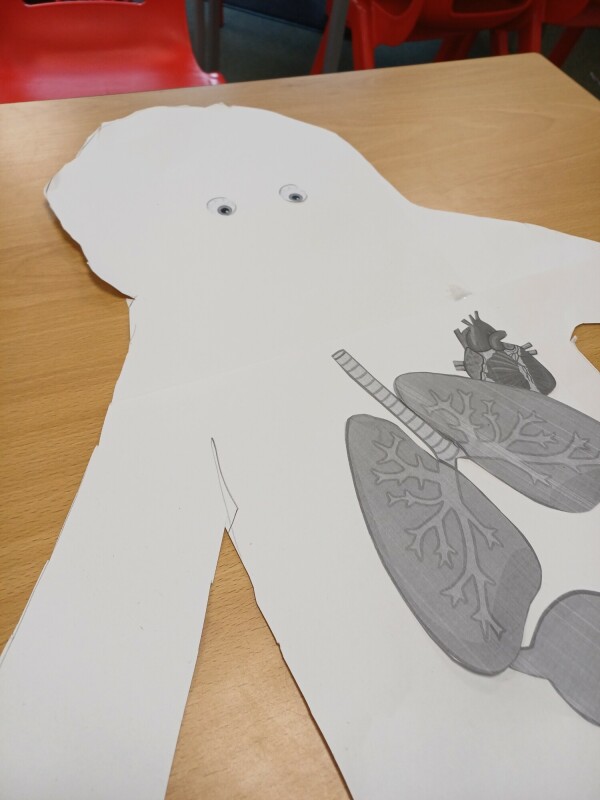
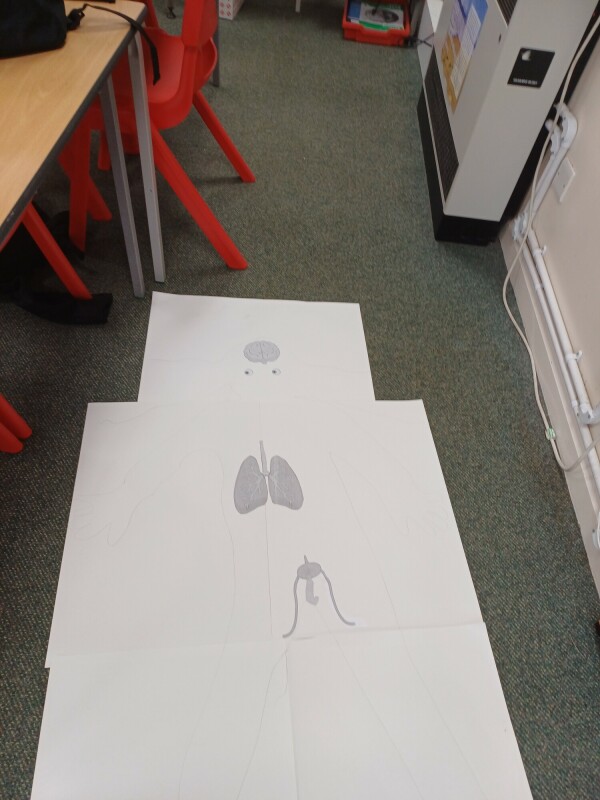
'Naming bones and parts of a skeleton'
In Science club we named different bones in our body and made a skeleton model. We also talked about how to look after our bones and body.
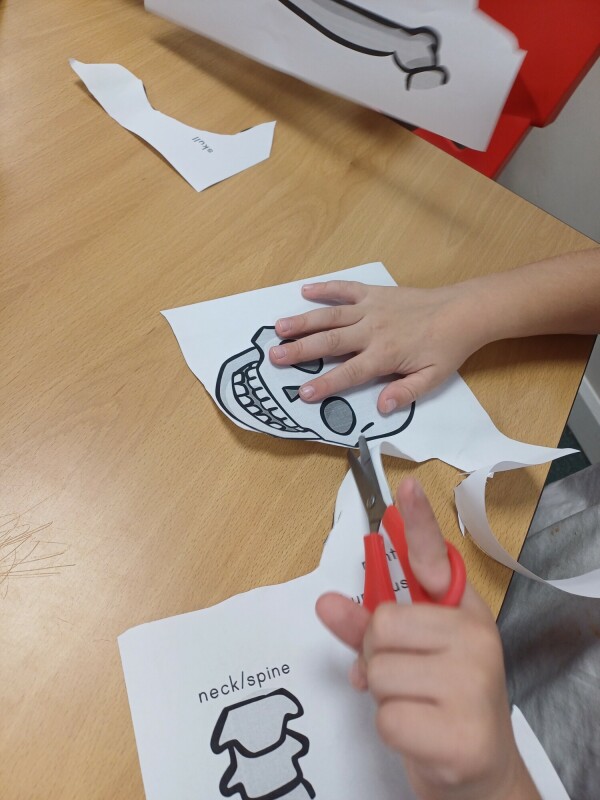
'Which type of paper is best for aeroplanes?'
In Science club we predicted which type of paper would make the quickest aeroplane. We investigated with different sizes and thickness of magazines, newspaper, card and paper.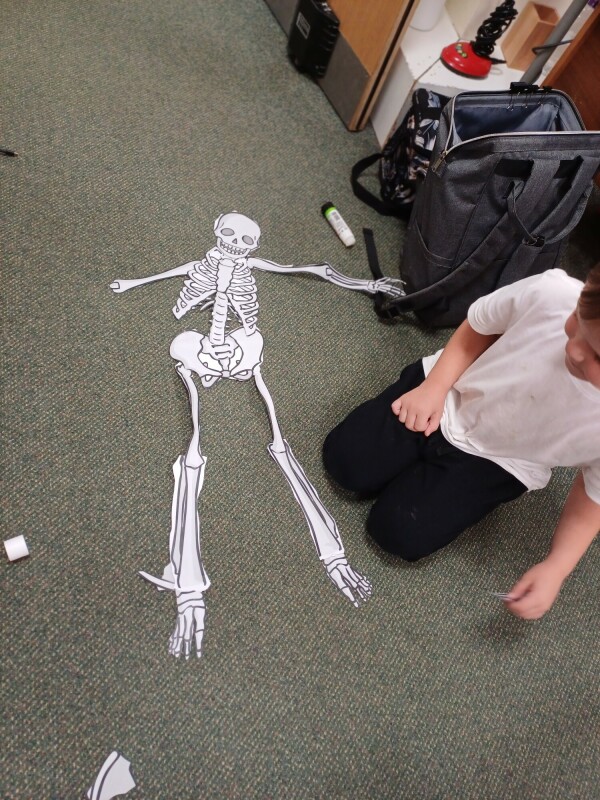
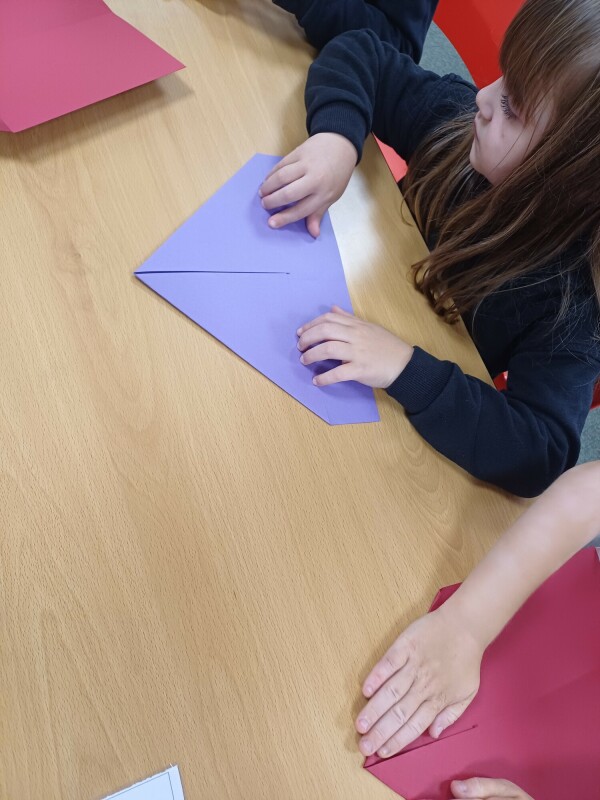
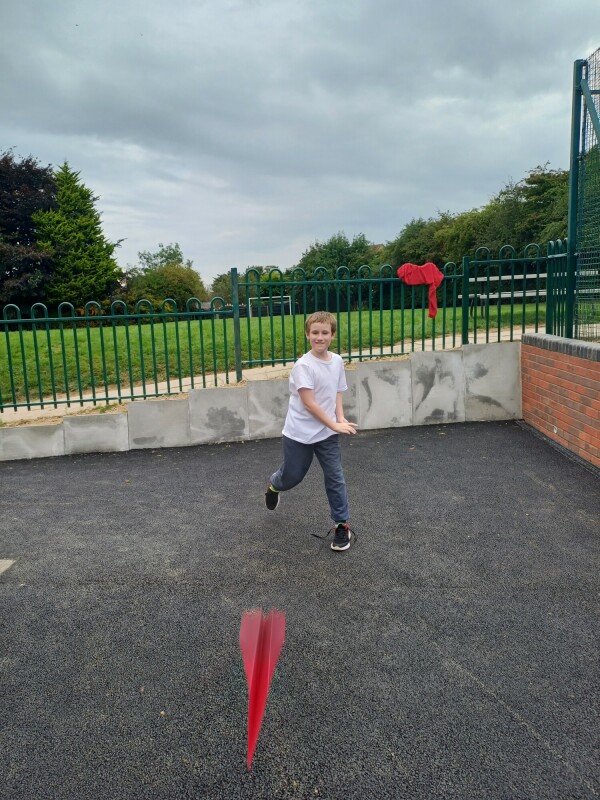
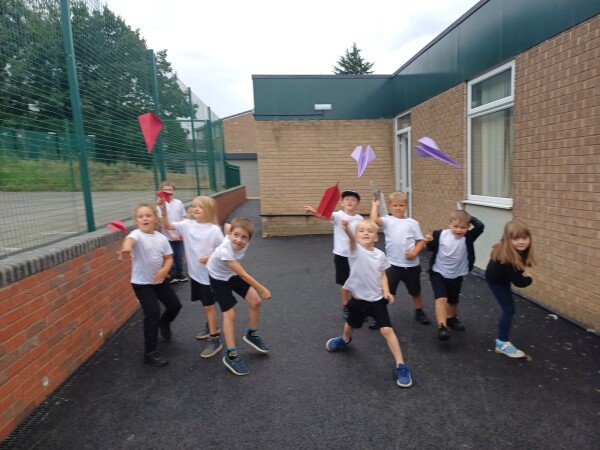
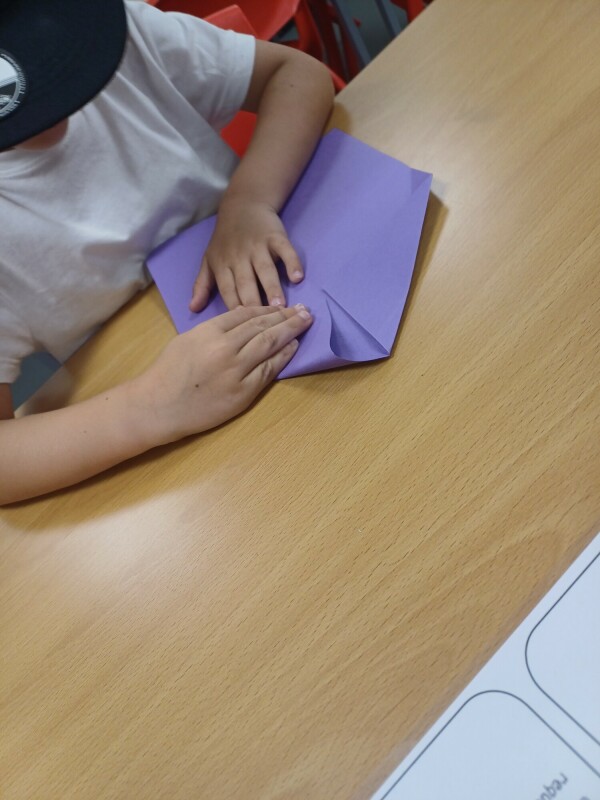
What material is best to make a waterproof boat?
In Science club we explored how to make a waterproof boat using different materials such as foil, sticky back plastic and cellotape.
